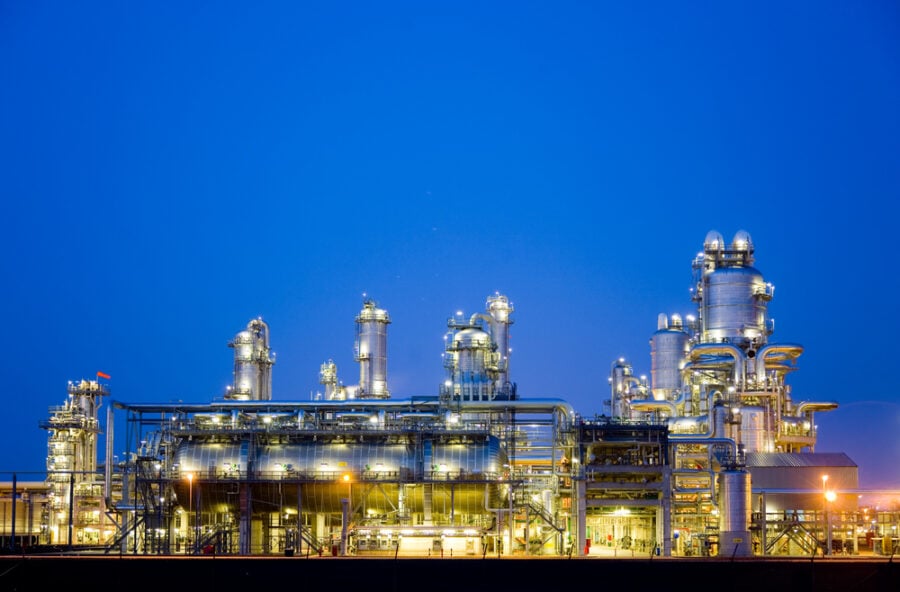Chemical companies in the Gulf are likely to cope relatively well with the current stresses of rising interest rates and higher energy costs. Here, S&P Global Ratings stresses the sensitivities of credit metrics of chemical companies based in the Gulf Cooperation Council (GCC) countries to both rising interest rates and higher energy costs and finds that they come out stronger compared with other larger European peers.
Besides overall healthy balance sheet positions, the larger regional chemical companies generally benefit from competitively low feedstock prices in the region, which are priced at significant discounts to the European benchmark, the Dutch TTF, which temporarily exceeded the $70 per million British thermal units (mmbtu) in mid-August 2022, compared with $25/mmbtu at the beginning of June 2022 and $18/mmbtu at the end of 2021.
The pressures on the GCC’s chemical companies are similar to the rest of the world. Increased geopolitical fallout in Europe (such as the Russia-Ukraine conflict, for example) and prolonged COVID-19 restrictions in China have strained supply chains and translated into a weaker global macroeconomic picture
On the other hand, higher prices for commodities (including natural gas), benefit commodity players in the GCC
This is evident in their relatively strong performance in 2021 and relatively resilient first-half 2022. For full-year 2022, overall market expectations are for publicly listed chemical companies to, on average, post continued healthy reported unadjusted EBITDA margins of about 30%, compared with 34%-35% in 2021.








